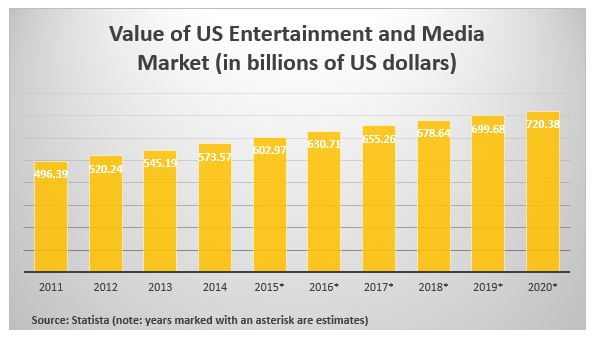Rise by Six: Your Daily Dose of Inspiration
Explore insights and stories that elevate your day.
Reality Check: Is Reality TV Losing Its Grip?
Discover the shocking truth behind reality TV's decline. Is your favorite show losing its edge? Dive into our reality check!
The Evolution of Reality TV: From Guilty Pleasure to Mainstream Culture
The journey of reality TV can be traced back to the early 1990s, when shows like The Real World first brought unscripted drama into the living rooms of American viewers. Initially regarded as a guilty pleasure, these programs thrived on the voyeuristic appeal of watching real people navigate their lives—complete with genuine conflicts and relationships. Over time, as producers recognized the genre's potential, the format began to diversify, leading to an explosion of sub-genres, including competition shows, dating formats, and lifestyle transformations. This evolution paved the way for reality television to become a dominant force in the entertainment industry.
Fast forward to the present day, and reality TV has transformed into a significant aspect of mainstream culture, influencing everything from fashion trends to social media conversations. Shows like Keeping Up with the Kardashians and Survivor have not only garnered massive viewership but have also shaped societal norms and values. The integration of reality TV into everyday life is evident in the way people consume content; social media platforms are now awash with clips, memes, and discussions surrounding these shows. What began as a simple form of entertainment has evolved into a multifaceted cultural phenomenon that captivates millions of viewers around the globe.

Are Reality TV Ratings Declining? Understanding Viewer Trends
The decline in reality TV ratings has become a significant topic of discussion among media professionals and viewers alike. Recent trends indicate a shift in viewer preferences, as audiences increasingly gravitate towards scripted content and streaming platforms. As viewers seek new forms of entertainment, reality shows that once dominated the ratings charts are now facing fierce competition. A combination of factors, including evolving tastes, an excess of similar programming, and a general fatigue with the reality format, has contributed to this decline.
Moreover, the understanding of viewer trends reveals that younger demographics are shifting their focus toward digital content and social media influencers rather than traditional reality stars. This change suggests that networks may need to adapt their strategies to retain viewers. For instance, they could consider incorporating interactive elements or leveraging social media to enhance engagement. As the landscape of entertainment continues to evolve, the future of reality TV may depend on its ability to innovate and resonate with a new generation of viewers.
Is Reality TV Becoming Too Scripted to Be Real?
The rise of reality TV has transformed the entertainment landscape, but many viewers are beginning to question whether reality TV is becoming too scripted to be real. Programs that once prided themselves on authentic and spontaneous moments now seem more like carefully crafted narratives. Producers often manipulate situations and edit footage to enhance drama, leaving audiences wondering if what they are watching is genuine or a mere performance. This shift raises concerns about the impact on societal perceptions of reality and authenticity.
Moreover, the increasing tendency to script scenes and influence contestants' behavior has led to a disconnect between the audience and the purported 'reality' presented on screen. Fans of these shows are starting to detect patterns and predictable story arcs that resemble traditional scripted programming. As a result, the question remains: Is reality TV becoming too scripted to be real? The line between reality and fiction blurs, challenging the very essence of what these shows claim to represent.